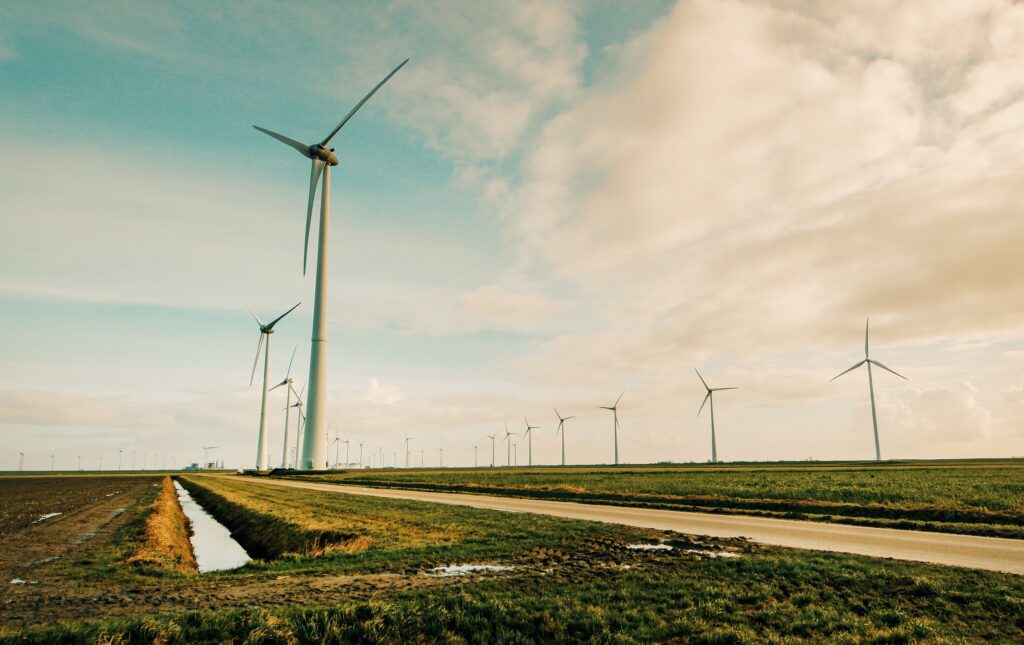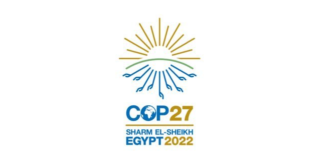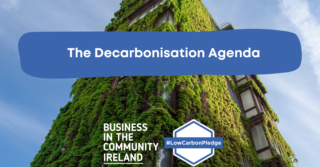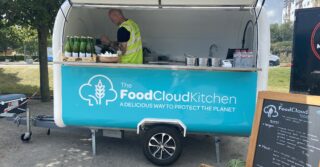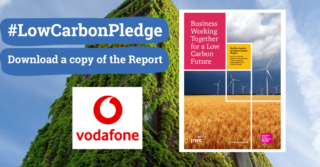Four businesses in Ireland who are investing in clean energy
COP26 is currently taking place and one of the key topics on the agenda is accelerating the global transition towards clean energy. At BITCI, we support businesses in their transition towards clean energy through initiatives that help them reduce their carbon footprint through our Low Carbon Pledge. Here are some example of how some of our Low Carbon Pledge signatories have invested in renewable energy.
Renewable energy supply at Virgin Media
Virgin Media Ireland reached a long-term agreement with Naturgy Ireland that introduced a 100% renewal energy supply across its operations in Ireland.
This renewable energy agreement powers Virgin Media’s main offices, contact centre, TV studios, data centres and regional transmission sites across Ireland and supports their ongoing commitments in reducing their carbon footprint. Virgin Media has set a 100% renewables goal that reflects their determination to take part in Ireland’s transition to a low-carbon future by adopting sustainable practices across all operations.
Monitoring energy use at Heineken
Heineken Ireland’s global strategy to “Brew a Better World” created a clear mandate for Heineken Ireland to prioritise sustainable business practices. In terms of energy, Heineken had designated “Energy Champions” within the company to help disseminate best practice information and knowledge within the Irish site. To monitor energy use, Heineken utilise a sub-metering system across its site which enables the identification of areas of excessive energy use and the implementation of corrective actions. Whilst the upfront cost of implementation was material it was recognised as being fundamental to the identification of process inefficiencies and was therefore funded through a dedicated on-going financial provision within its operational budget.
Cash flow and capital expenditure is always a key consideration for any company contemplating an energy efficiency investment. Heineken Ireland have avoided this challenge when replacing the lighting system across its production line. Urban Volt were engaged to design and install a LED energy efficient lighting system achieving significant energy and cost savings. The added benefit of this business model was the avoidance of any capital outlay on the part of Heineken. The switch to an LED system reduced energy consumption by 400,000 KwH while also delivering an unexpected safety benefit as the LED system meant that previously dark areas of the production line were now extremely well lit, addressing another key Pillar of Health and Safety.
Learn more about how Heineken reduced their carbon emissions.
RTÉ’s commitment to the highest level of energy reduction
RTÉ demonstrated its commitment to the highest level of energy reduction and sustainability in the management of its existing infrastructure and in the development of new infrastructure. In order to signpost this clearly, RTÉ has publicly committed to targeting a reduction in carbon emissions by 50% by 2030. Since signing the carbon pledge, the broadcaster has placed its carbon emissions as a key strategic objective in its day-to-day operations. The first step on this journey was to implement accurate energy usage monitoring across RTÉ infrastructure portfolio, identifying highly emitting processes and providing data to continually track progress.
Particular attention to energy reduction is given during procurement of new network assets as this infrastructure can ‘lock in’ lower energy usage for significant periods. Buildings also represent a significant portion of the corporate carbon footprint and a range of initiatives are underway to reduce this. ‘Low hanging fruit’, such as installing LED lighting solutions, have been implemented and have delivered significant savings to date. Other initiatives include the installation of solar panels on one of the buildings at RTÉ Donnybrook which to date has generated 71 MWh of renewable electricity; the equivalent of powering 54 Late Late Shows (production lighting and air conditioning requirements).
Johnson & Johnson’s transition to 100% renewable energy
Healthcare company Johnson & Johnson (J&J) transitioned its entire operations in Ireland to renewable energy, being now powered by electricity from 100 per cent renewable sources through an eight-year corporate power purchase agreement with Ørsted.
Over the lifetime of the agreement, Ørsted energy company will supply the company’s 10 sites with more than 1 terawatt-hour (TWh) of renewable energy from two wind farms located in Kilgarvan, Co Kerry, and Booltiagh Co Clare. The long-term nature of this PPA makes it possible for Ørsted to invest in its development and repowering strategy to construct more renewable generation in the future and aligns with Johnson & Johnson’s recent execution of three separate virtual power purchase agreements (VPPAs) in Europe.
This agreement brought Johnson & Johnson another step closer their goal of powering global operations with 100 per cent renewable electricity by 2025 and achieving carbon neutrality in their global operations by 2030. Read more about Johnson & Johnson’s transition to clean energy.
How BITCI can support you
To learn about how your business can join the sustainability movement, take a look at our Low Carbon Pledge.
To find out more about how BITCI can support your goals, check out our environmental business offering.
To stay in touch with the latest sustainability news, sign up to our newsletter.
